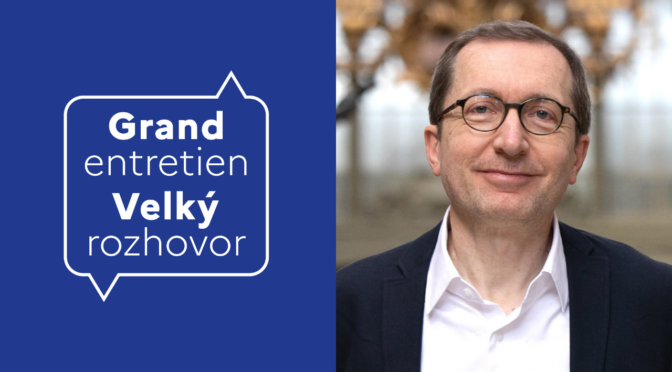
To Live in a Library of Five Dimensions
As part of the ‘Grands entretiens’ series, this event is organised by CEFRES and its Platform partner, Charles University, in collaboration with the French Institute in Prague.
Date: June 11, 2025, 18 h
Location: French Institute in Prague, Štěpánská 35, Praha 1
Language: in French with simultaneous translation into Czech
Moderation: Záviš Šuman, Faculty of Arts, Charles University
Where does the hostility towards literature come from, and what are the roots of its growing devaluation? How can we enrich our readings by taking a decentralised look at the texts? To what extent can a perspective from afar shed new light on our understanding of the Greek tragedies? And with what far-reaching arguments has Pope Francis put an end to a long history of scathing indictments of literary texts?
Continue reading Grand Entretien with William Marx →
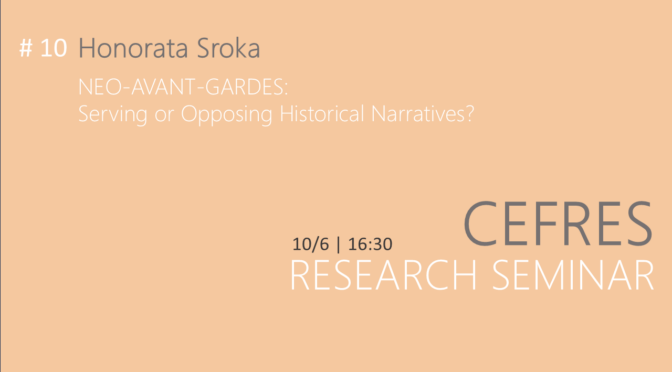
10th session of CEFRES in-house seminar
Through the presentation of works in progress, CEFRES’s Seminar aims at raising and discussing issues about methods, approaches or concepts, in a multidisciplinary spirit, allowing everyone to confront her or his own perspectives with the research presented.
Location: CEFRES Library and online (to get the link, write to cefres[@]cefres.cz)
Date: Tuesday, June 10, 2025 at 4:30 pm
Language: English
Speaker: Honorata Sroka (CEFRES / Charles University)
Chair: Hélène Martinelli (CEFRES / École Normale Supérieure de Lyon)
Text to be read: Peter Bürger (1974). Theory of the Avant-Garde. Translation Michael Shaw. Manchester: Manchester University Press.
Abstract
The presentation will take the form of very preliminary remarks related to my post-doctoral research, which I have been conducting for 7 months at the French Research Centre for Humanities and Social Sciences. My project develops the same line of research as my doctoral thesis, however, approaches the issue in a broader way. Specifically, using selected examples of neo-avant-gardes in Central and Eastern Europe, I hope to show how and why artists decided to create subversive forms of historiography and what kind of experimental strategies can be found in archives. Employing the methodology so-called “cultural history of the avant-gardes”, I will reflect on vanguard institutions and practices oriented towards a self-historiography. What I dare to claim one can essentially call a discussion on Peter Bürger’s pivotal book Theory of the Avant-Garde (1974). He was the one who argued that the avant-gardes stood against institutions. In contrast to his assumption, my research aims to display how neo-avant-gardes in Central and Eastern Europe developed rather than destroyed art institutions, as well as subversive forms of historiography, and why these two were intertwined.
Please find the complete program of 2024–2025 seminar here.
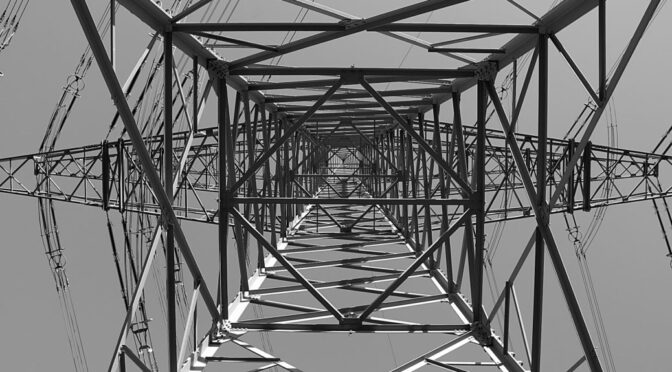
The expert seminar is organized by the Embassy of the Republic of Poland in Prague, the Embassy of the Federal Republic of Germany in Prague, and the French Research Center in Humanities and Social Sciences (CEFRES), in cooperation with the Embassy of the French Republic in Prague.
Date: June 10, 2025
Location: Embassy of the Republic of Poland, Valdštejnská 8, Prague 1
Language : English
PROGRAM
Continue reading Europe at the Crossroads: Energy Security Challenges →
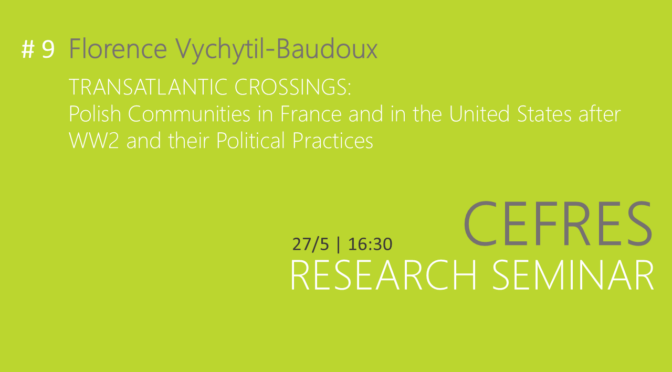
Polish Communities in France and in the United States after WW2 and their Political Practices
9th session of CEFRES in-house seminar
Through the presentation of works in progress, CEFRES’s Seminar aims at raising and discussing issues about methods, approaches or concepts, in a multidisciplinary spirit, allowing everyone to confront her or his own perspectives with the research presented.
Location: CEFRES Library and online (to get the link, write to cefres[@]cefres.cz)
Date: Tuesday, May 27, 2025 at 4:30 pm
Language: English
Speaker: Florence Vychytil-Baudoux (EHESS / CEFRES)
Chair: Françoise MAYER
Text to be read: Michael Werner & Bénédicte Zimmermann, « Beyond Comparison: Histoire Croisée and the Challenge of Reflexivity », History and Theory, 2006, vol. 45, no 1, p. 30‑50.
Abstract:
Between the 1880s and the 1930s, over 12 million people left Polish territories “za chlebem” (for bread). While before WW1 the United States attracted most Polish peasants looking for a better future, it was France that became the main destination for Polish migrants in the interwar period. Continue reading Transatlantic Crossings | CANCELLED →
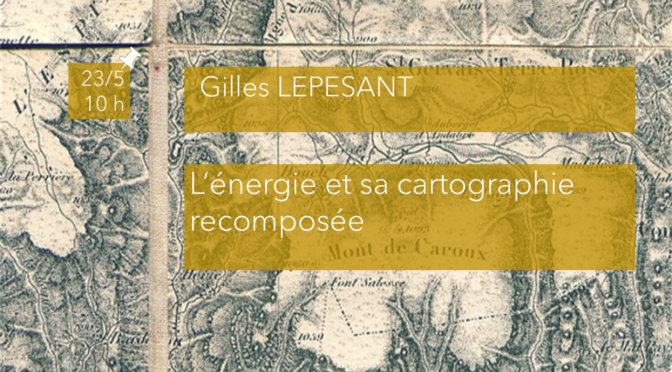
Eighth session of the 2024-2025 CEFRES Francophone
Interdisciplinary Seminar The Map and the Border
In 2023 we started questionning the very act of bordering and representing (a territory, a period, a trajectory). In short, thanks to the interdisciplinarity of our respective disciplines, we began inquiring into the question of the map and the border.
Location: CEFRES, Na Florenci 3, Prague 1
Date: Friday May 23, 2025, from 10 am
Language: French
Speaker: Gilles LEPESANT (CEFRES / CNRS)
Discussant: Barbora Kvasničková (Research fellow at AMO – Association for International Affairs)
Abstract Continue reading Energy and its Renewed Cartography →
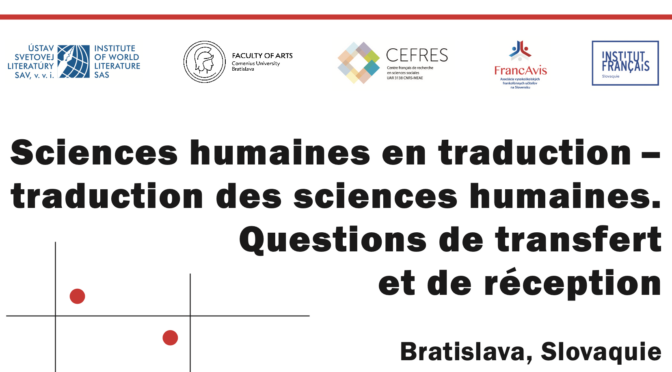
When: May 15th and 16th, 2025
Where: Institute of World Literature, Slovak Academy of Sciences, Bratislava, Slovakia
Language: French, English
Organizers: Katarína Bednárová, Silvia Rybárová, Ján Živčák (Institute of World Literature, Slovak Academy of Sciences)
See the whole CFA
Download the program here.
See the official poster here.
This international conference is organised by The Institute of World Literature of the Slovak Academy of Sciences, Faculty of Arts of Comenius University Bratislava and CEFRES.
Photo: Mgr. Lucia Drotárová, PhD. Created with the help of AI.
Program
Continue reading Translation of Humanities and Social Sciences | Conference →






